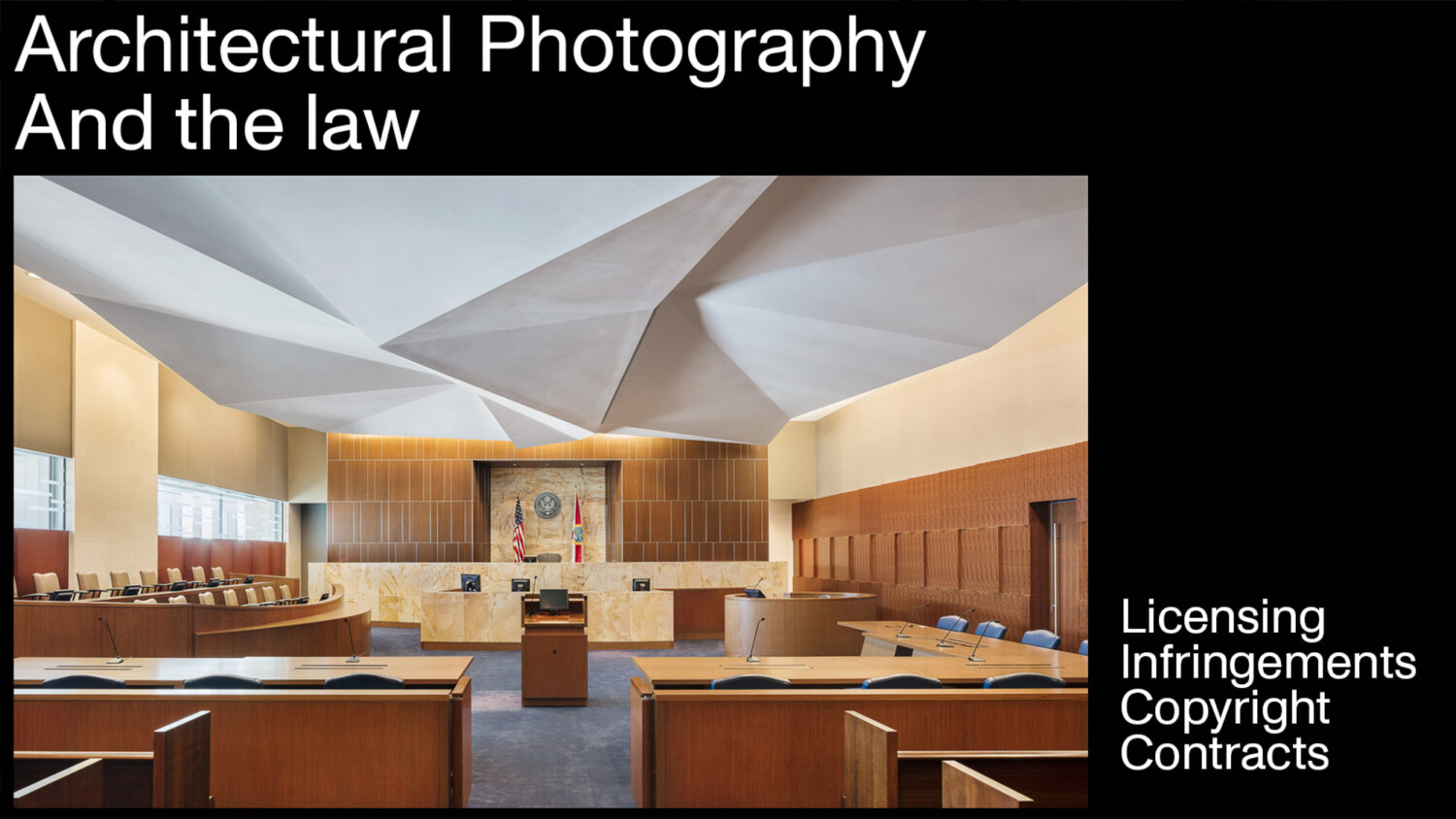Jury Awards Architecture Photographer $6.3 Million in Copyright Infringement Case
Scott Hargis Photo Vs. Pacifica Senior Living has wound its way through California’s Central District court system and the result is a massive victory for photographers everywhere. The damages award is one of the largest ever recorded for a photographic copyright infringement case.
Scott Hargis is an architectural photographer based in California who has worked across American and often abroad. He regularly participates in workshops and seminars teaching and sharing his techniques and story with architectural photographers around the world.
Scott Hargis Photo Vs. Pacifica Senior Living began as a routine infringement case that escalated when the infringing party refused to offer a settlement. The 43 images in question were used by the infringing party without a license agreement, and after surviving multiple lines of argument from the defendants claiming that there was no infringement, a jury found every image in question to be a willful infringement, awarding Hargis the maximum $150,000 per image allowed by law.
There are three categories of infringement: innocent, non-willful, and willful, and each category can be awarded a different range of statutory damages depending on the degree of severity that a judge or jury perceives. The penalty for a willful infringement of a timely-registered image ranges from $30,000 to $150,000 each. Clearly, the jury intended to send a very clear message with this verdict.
This verdict further solidifies the importance of timely registration of photographs with the United States Copyright Office and the importance of diligently tracking usage and licensing.
This case is a victory for photographers and creatives everywhere, and will go a long way towards making potential infringers reconsider their actions in the future. There likely isn’t a single photographer reading this who has not had their work infringed one way or another (whether or not they know it) – and if it hasn’t happened yet, it absolutely will over the course of a photographer’s career; It’s part and parcel of working in this field.
During a brief interview, Hargis mentioned that he was ‘thrilled’ with the result and that he ‘hadn’t quite processed it yet’. The toll that a case this size can take on one’s psyche cannot be overstated, and I am sure we will learn more details as more news and interviews are released.
Remember, if your photographs are registered with the USCO, you have many options in an infringement situation. While this is an issue that photographers face every single day, you have recourse if you take the simple steps of registering your photographs. It is personally something that I do four times a year – once a quarter – to ensure that I am staying current with registrations and that I have a leg to stand on when my work is infringed.
